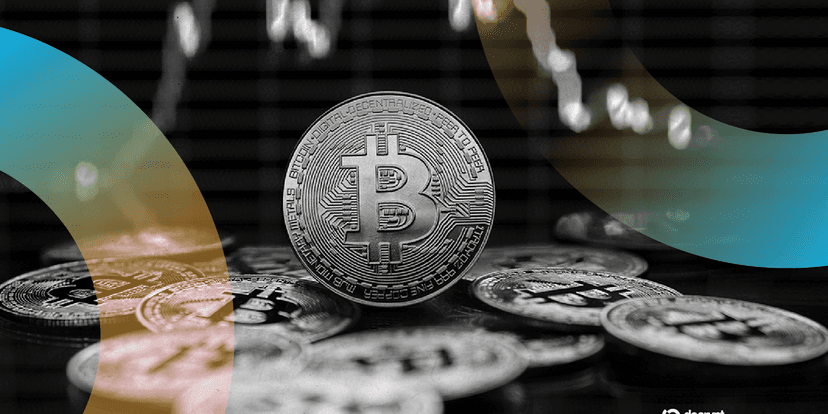About BNB (BNB)
BNB (BNB), launched on July 8, 2017, is a cryptocurrency operating on the Binance Chain, designed for fast and efficient transactions within the Binance ecosystem. While specific details about its consensus mechanism are not publicly disclosed, it employs a delegated proof-of-stake (DPoS) model,...
BNB (BNB) serves multiple purposes within the cryptocurrency ecosystem, primarily as a utility token on the Binance platform. Users can pay trading fees on the Binance exchange with BNB, receiving discounts on transactions.
BNB (BNB) follows a deflationary tokenomics model, with an initial total supply capped at 200 million tokens. The distribution model allocates tokens for the Binance team, investors, and the Binance ecosystem, ensuring a diverse stakeholder base.
BNB (BNB) operates on the Binance Chain, utilising a delegated proof-of-stake (DPoS) consensus mechanism for network security and transaction validation. In this model, a limited number of validators elected by BNB holders produce blocks and validate transactions, enhancing efficiency.
Since its launch in July 2017, BNB's development roadmap has seen significant evolution, marked by major milestones. Initially launched as an ERC-20 token on Ethereum, BNB transitioned to its own blockchain, Binance Chain, in April 2019, improving functionality and transaction speed.
How to Safeguard Your BNB in South Africa
To effectively secure your BNB holdings, consider using a hardware wallet, which provides enhanced protection against online threats. Popular options include Ledger and Trezor, both recognized for their strong security features in the South African market.
For managing your private keys, generate and store them in a secure, offline environment, avoiding any exposure to the internet. A password manager can help create and store complex passwords for your wallets. Stay alert to common security risks like phishing attacks and malware.
Enable two-factor authentication (2FA) on all accounts and keep your software updated to fix vulnerabilities. Use multi-signature wallets that require multiple private keys for transaction approval, significantly lowering the risk of unauthorized access.
Lastly, establish a thorough backup procedure by securely storing your wallet seed phrases and private keys in multiple, physically secure locations, ensuring they are safeguarded against theft, loss, or damage.
How Does BNB Function in South Africa?
BNB operates on the Binance Smart Chain (BSC), which features a dual-chain architecture that allows users to transfer assets effortlessly between the Binance Chain and Binance Smart Chain. This design enhances flexibility and scalability for South African users engaging in cryptocurrency...
The consensus mechanism used by BSC is a variant of Proof of Stake called Proof of Staked Authority (PoSA). This method combines aspects of Proof of Authority and Delegated Proof of Stake, resulting in quicker block times and reduced transaction fees, which is beneficial for South African traders...
Transactions on the network are validated by a group of validators who create new blocks and confirm transactions. Validators are chosen based on their stake in BNB, ensuring a robust and efficient process. This structure is crucial for maintaining network security, deterring malicious activities...
BNB's unique features include its capability for cross-chain transactions, support for smart contracts, and integration with various decentralized applications (dApps). These attributes significantly enhance its utility within the South African cryptocurrency landscape, making it a versatile asset...

